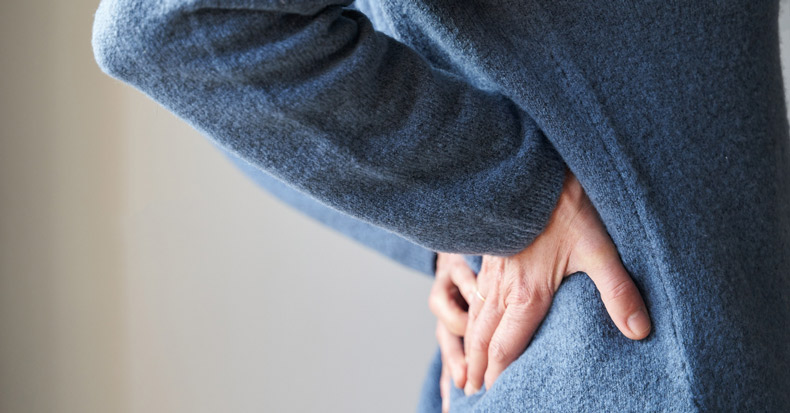Newest Articles
A whiplash neck injury occurs when the head is abruptly thrown backward and then forward. This violent motion, which happens faster than the body can brace against, can damage soft tissues—including ligaments, muscles, nerves, and disks—as well as cause bone injury or fracture with or without dislocation. Symptoms typically develop within days and may include [..]
As we age, we often shift our focus toward healthy lifestyle habits not just to extend life, but to preserve independence and remain free of chronic disease and disability well into later years. While maintaining a healthy weight, eating a nutritious diet, and tracking lab values are all important, a study published in October 2024 [..]
Carpal tunnel syndrome (CTS) occurs when the median nerve is compressed or entrapped as it passes through the wrist. This often leads to numbness or tingling in the thumb, index, middle, and part of the ring finger, along with muscle weakness that makes pinching and gripping difficult. Certain types of jobs carry a higher risk [..]
Up to one-in-five adults experience knee pain each year, and many seek chiropractic care to find relief from both pain and disability. While knee pain can have many causes, when discomfort is concentrated on the outside of the knee in active adults, iliotibial band syndrome (ITBS) is an important condition to consider.
The iliotibial band [..]
Low back pain can arise from a variety of structures in the lower back. When symptoms include pain, tingling, numbness, and/or burning that radiates into the buttock, thigh, calf, or foot, a potential cause may be injury to one or more intervertebral disks. These disks function to stabilize the lumbar spine, absorb forces, and facilitate [..]
Chronic neck pain is one of the most common musculoskeletal disorders, with up to half of adults experiencing it in a given year, and it accounts for as much as 4% of all visits to healthcare providers. The most common classification is non-specific neck pain, meaning the condition arises from musculoskeletal strain or dysfunction in [..]
Some History
Humans discovered opioid chemicals about 6,000 years ago (1, 2). These chemicals could cause both euphoria and suppress pain. Initially, these chemicals were derived from plants, like the poppy. The most common legal plant-derived opioid is morphine. The most common illegal plant-derived opioid is heroin.
More recently, opioids are made in chemical labs. [..]
Bisphenol A (BPA) is a synthetic industrial chemical used in producing plastics and resins to make them strong, durable, heat-resistant, transparent, and lightweight. As such, BPA is found in many everyday products including reusable plastic tableware, water bottles, sports equipment, physical discs (like DVDs), soda cans, water pipes, flooring, adhesives, and thermal paper receipts. While [..]
The sudden acceleration and deceleration of the head and neck during a rear-end collision can stretch the soft tissues surrounding the cervical spine beyond their normal range of motion. This can result in strains, sprains, and tears that trigger the cluster of symptoms collectively known as whiplash-associated disorders. While neck pain is widely recognized, one [..]
Femoroacetabular impingement (FAI) is a painful hip condition that occurs when there is abnormal contact between the femoral head/neck junction and the rim of the acetabulum (hip socket) during certain movements, especially hip flexion, internal rotation, and adduction (inward motion). While hip problems are often associated with older adults, the vast majority of FAI cases [..]
Carpal tunnel syndrome (CTS) is a condition characterized by numbness, tingling, pain, and weakness in the thumb, index finger, middle finger, and the radial half of the ring finger, as well as the portion of the hand between these digits and the wrist. The condition results from compression of the median nerve as it passes [..]
In addition to persistent pain, individuals with chronic low back pain often exhibit impaired postural control, which is linked to core muscle atrophy, weakness, and dysfunctional motor control. One effective method for addressing these deficits is dynamic stabilization exercises—a functional approach based on developmental movement patterns modeled after infant motor learning. This strategy aims to [..]













